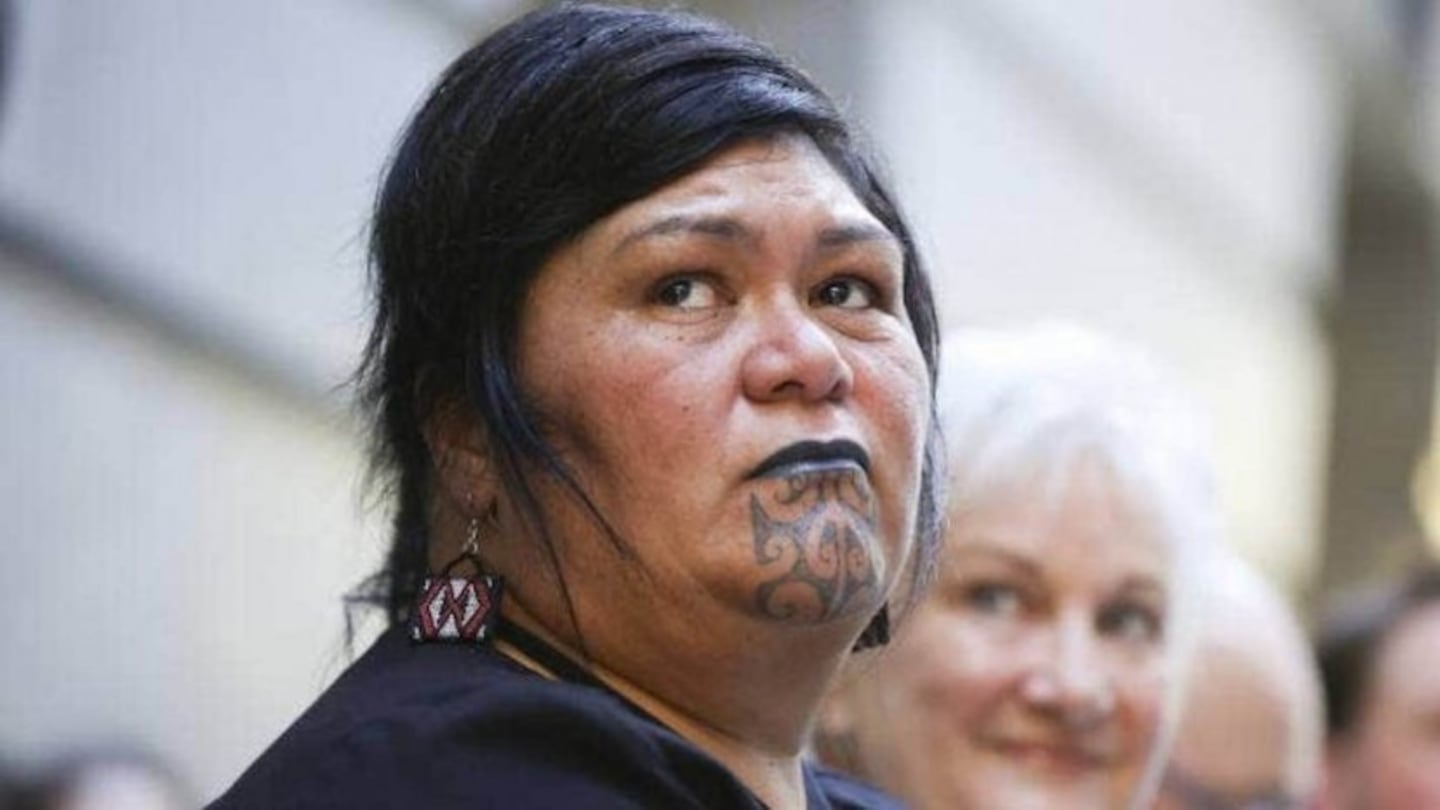Photo / Stuff
OPINION: When Trevor Mallard, the departing Speaker, was a Cabinet minister in Helen Clark’s Fifth Labour Government, he had a reputation as a firefighter. If there was an emergency, the first call went to Mallard.
When Don Brash, the former National Party leader, delivered his infamous Orewa Speech, criticising an invented “Māori privilege”, in 2004, the then prime minister deployed Mallard to lead Labour’s strategic response. In the 1999 to 2008 term Mallard held a range of portfolios including education, labour, the environment, state services, broadcasting, state-owned enterprises, and sport and recreation.
In the current Labour Government, Chris Hipkins is the appointed firefighter, inheriting the police portfolio in the reshuffle announced this week. That comes on top of his education and public service portfolios.
In an acknowledgement of his skills in managing complexity, Hipkins was formerly the Minister for the Covid-19 response. Few other ministers could claim a workload as high as Hipkins, or such a generous reputation for managing the unmanageable. Except, perhaps, Foreign Affairs and Local Government Minister Nanaia Mahuta.
In 2017, Mahuta was appointed Minister of Māori Development, leading a work programme that included everything from apologising for the Crown’s 1916 invasion of Rua Kenana’s community to increasing funding for Māori housing. In 2020 Mahuta was made Minister of Foreign Affairs while retaining her local government portfolio.
And that is where the current Government’s serious legwork is happening. Mahuta is leading the reforms to water infrastructure. Under the ‘Three Waters’ reform, central government will create new entities to govern, manage, and finance improvements to water infrastructure.
In some parts of New Zealand water infrastructure is so degraded that human waste periodically floods streets (Wellington), the lead content in water approaches dangerous levels (Waikouaiti), people contract a deadly illness (Havelock North), and inadequate stormwater infrastructure leads to waterlogging and floods. With this background, Three Waters reform is both necessary and overdue.
Yet opposition to those reforms is growing. And not for policy reasons. Last week the co-founders of Groundswell, a so-called rural movement leading the opposition to Three Waters reform, admitted that they haven’t even read the relevant reform Bill. At a Groundswell meeting in Gore the former broadcaster, Peter Williams, condemned the reforms for granting Māori “special access” to the “use of water”.
Nothing in the Bill grants Māori - a broad category including more than half a million people - “special access” to water. But that isn’t the point. Instead, Three Waters is a Trojan horse for anxieties other than water infrastructure. Namely, that iwi and hapū might get a fairer say in how the country’s resources are governed and managed.
This is where Nanaia Mahuta’s role matters. If, say, Chris Hipkins or another Pākehā MP were in charge of Three Waters reform it’s unlikely that the opposition would have cohered around, in the words of the anti-Māori group Hobson’s Pledge, “tribal control over fresh water”. It’s equally unlikely that the same Pākehā MP would have columns written expressing concern over their “workload”, as Mahuta has had.
But with Mahuta, it’s impossible for her opponents to imagine that a Māori MP could act in the national interest. Instead, there must be a hidden agenda to secretly empower Māori.
Never mind that the Three Waters reforms do no more than secure what the Treaty of Waitangi promises to iwi and hapū - a stake in the governance and management of resources. If the MP is Māori, something fishy must be happening.
The same goes for questions of “workload”. Mahuta is no more overloaded than, say, Chris Hipkins, but as a Māori MP the default assumption is that she is somehow less capable.
Never mind, again, that Mahuta is an experienced local government minister, having first held the portfolio under Helen Clark.
Never mind, too, that her travel programme was disrupted because of Covid-19, not a hypothetical problem with workload. As a Māori MP you have to be twice as good to secure the same credit as other MPs.
Mahuta’s Three Waters reforms are well overdue and, when they pass a third and final reading, they will constitute a legacy. It’s a pity that, simply because she is Māori, the reforms are wrongly understood as something other than the vital infrastructure improvements undertaken in the national interest that they are.

